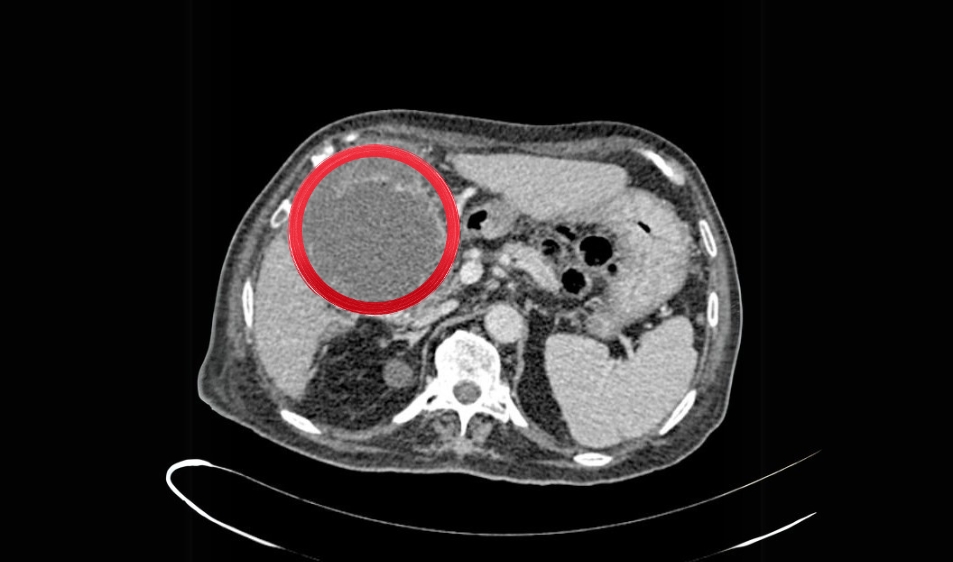Empyema of gallbladder

Empyema Gallbladder Treatment in Pune & Mumbai
What Is Empyema of the Gallbladder?
Empyema of the gallbladder is an acute, potentially life-threatening illness in which pus forms within the gallbladder as a result of a suppurative bacterial infection. The condition usually arises as a complication of acute cholecystitis and is an indication for urgent surgery. Unless treated, it can result in gallbladder rupture, sepsis, or dissemination of infection to contiguous organs.
Warning Signs and Symptoms
Patients with empyema of the gallbladder frequently present with severe and severe upper abdominal pain, fever, chills, nausea, vomiting, and right-sided abdominal tenderness. Advanced stages are marked by jaundice (yellow skin and eyes) resulting from obstruction of bile ducts. Infection has the potential to be rapid and is thus often an early need.

What Causes Gallbladder Empyema?
The condition is mainly due to a bacterial infection, usually precipitated by an obstruction of the bile ducts by gallstones. Other risk factors are diabetes, compromised immune system, history of gallbladder disease, and chronic infection of the bile ducts.
Immediate Treatment Options
Since empyema of the gallbladder is a medical emergency, immediate treatment is required to prevent complications:

- Intravenous Antibiotics :- Strong antibiotics are administered to control the infection and prevent it from spreading to other parts of the body.
- Gallbladder Drainage (Percutaneous Cholecystostomy):- In critically ill patients, a temporary drainage procedure may be performed to remove pus from the gallbladder before surgery.
- Emergency Laparoscopic Cholecystectomy:- The most effective and definitive treatment is the surgical removal of the infected gallbladder, preventing further infections and complications.
Why Early Intervention Is Critical?
Postponement of treatment of empyema of the gallbladder leads to serious complications such as gallbladder perforation, peritonitis, and sepsis, and can prove fatal. Early treatment ensures proper healing and avoids long-term health complications.
FAQ'S
Empyema of the gallbladder is a severe and advanced form of gallbladder infection where pus collects inside the gallbladder. It usually develops as a complication of untreated or poorly managed acute cholecystitis, often due to gallstones blocking the cystic duct. This buildup of pus can lead to extreme abdominal pain and poses a serious risk of rupture or spreading infection if not treated quickly.
The condition typically occurs when gallstones obstruct the normal flow of bile, allowing bacteria to grow and create an infection. As the infection worsens, the gallbladder fills with pus. Without timely intervention, this can lead to a dangerously distended and inflamed gallbladder, increasing the risk of perforation and sepsis.
Patients with empyema often experience intense and persistent pain in the upper right side of the abdomen, which may radiate to the shoulder or back. This pain is usually accompanied by high fever, chills, nausea, vomiting, and signs of severe infection. In some cases, jaundice or confusion may also develop, particularly in elderly or vulnerable patients.
Diagnosis involves a combination of clinical evaluation, blood tests, and imaging studies. Blood work often reveals elevated white blood cell counts and signs of infection. An abdominal ultrasound or CT scan helps detect the enlarged gallbladder and presence of pus, fluid, or thickened walls, confirming the diagnosis.




